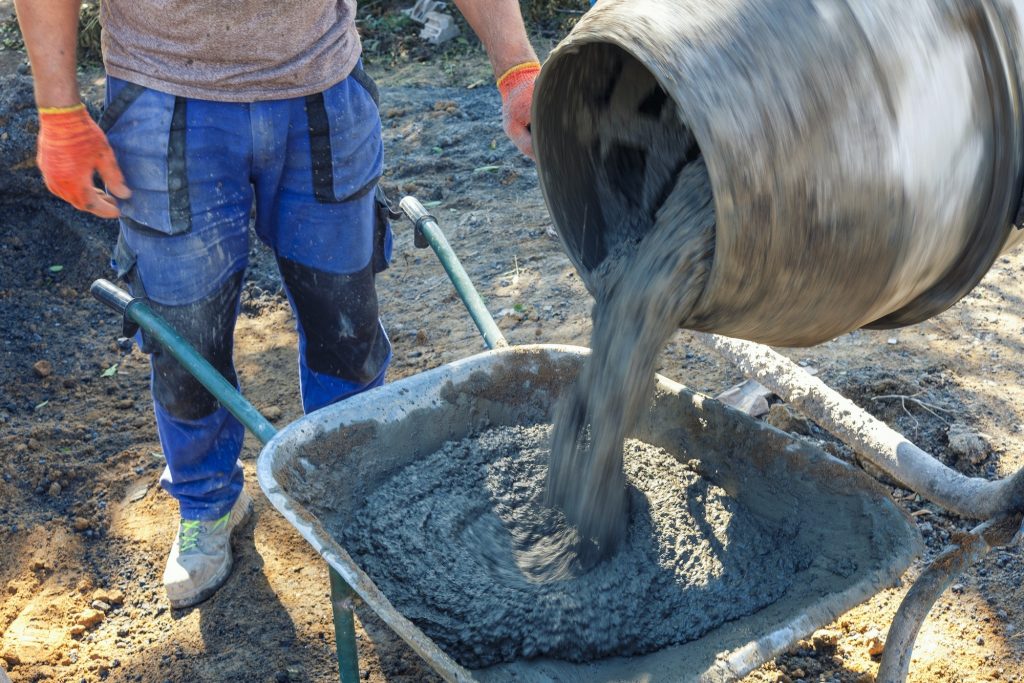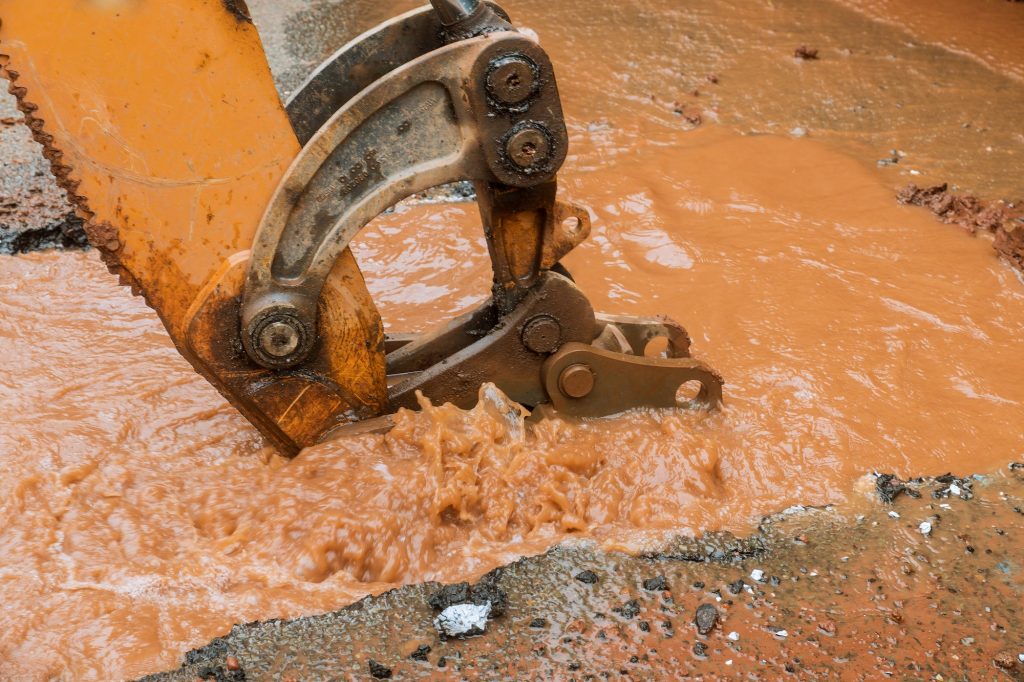Water is essential for life, and it is recommended that adults drink eight glasses of water every day to maintain good health. However, not all water is created equal. Bottled water has become increasingly popular in recent years, but what are the environmental and health consequences of this choice? In this article, we will explore the dark side of bottled water.
The problem of environmental pollution with plastic. A plastic bottle discarded on the riverbankEnvironmental Impact of Bottled Water
Plastic Pollution
One of the most significant negative impacts of bottled water is the plastic pollution it creates. According to a study by the Beverage Marketing Corporation, Americans consumed 14.4 billion gallons of bottled water in 2019. This consumption resulted in the production of 50 billion plastic water bottles, of which only 23% were recycled.
The majority of plastic water bottles end up in landfills or the ocean, where they take hundreds of years to decompose. Plastic pollution has devastating effects on wildlife and ecosystems. Marine animals often mistake plastic for food, which can lead to injury or death. Additionally, plastic pollution can contaminate water sources, leading to further environmental damage.
Carbon Footprint
Producing and transporting bottled water also has a significant carbon footprint. The production of plastic water bottles requires oil and other non-renewable resources, and transporting bottled water consumes energy and produces greenhouse gas emissions.
According to a study by the Pacific Institute, it takes 1.39 liters of water to produce one liter of bottled water. This means that the production of bottled water also contributes to water scarcity, particularly in areas where water resources are already limited.
Health Risks of Bottled Water
Contamination
Another significant concern with bottled water is the risk of contamination. Although bottled water is regulated by the Food and Drug Administration (FDA), it is not necessarily safer than tap water. In fact, according to a study by the Environmental Working Group, some brands of bottled water contain levels of contaminants that exceed legal limits.
Additionally, the plastic used in bottled water can leach chemicals into the water, which can be harmful to human health. For example, Bisphenol A (BPA), a chemical used in some plastic water bottles, has been linked to a variety of health problems, including cancer, obesity, and reproductive issues.
Cost
Bottled water is also more expensive than tap water. According to the Natural Resources Defense Council, bottled water can cost up to 1000 times more than tap water. This cost disparity is particularly concerning considering that bottled water is often no safer or healthier than tap water.
Conclusion
While bottled water may seem like a convenient and healthy choice, it comes with significant environmental and health risks. The production and disposal of plastic water bottles contribute to pollution and climate change, while the risk of contamination and the cost of bottled water make it an inferior choice to tap water.
To reduce the negative impacts of bottled water, individuals can choose to use a reusable water bottle and fill it with tap water. Additionally, policymakers can implement regulations and incentives to reduce the production and consumption of bottled water. By making these choices, we can all work towards a more sustainable and healthy future.



